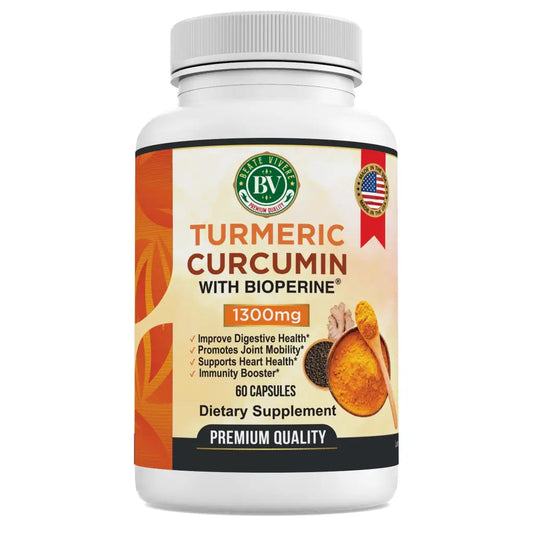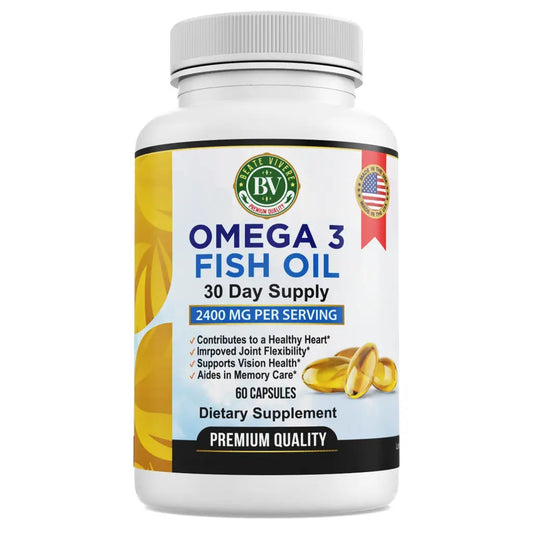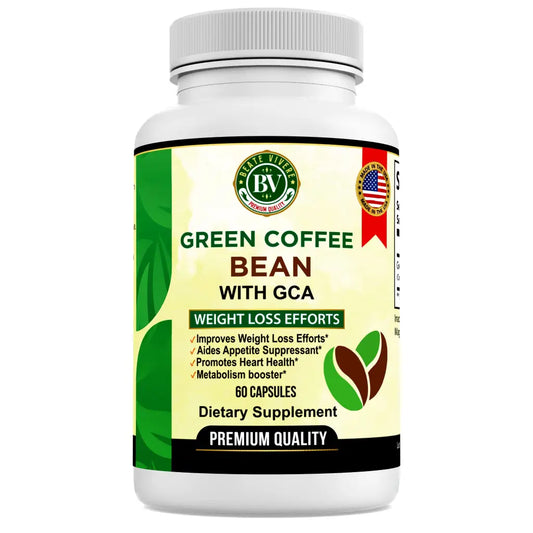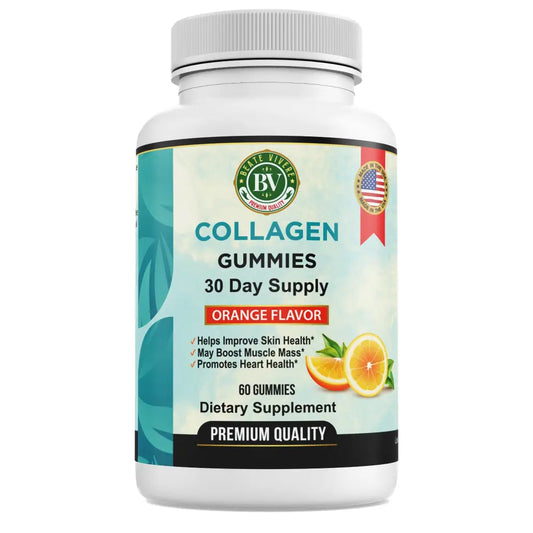Introduction to Turmeric Curcumin
Turmeric Curcumin is a dietary supplement that is becoming increasingly popular due to its potential health benefits. The root of the turmeric plant contains curcumin, which is the active ingredient in turmeric and is responsible for its bright yellow color. It is commonly used as a spice in Indian and Middle Eastern cuisine.
Potential Health Benefits of Turmeric Curcumin
Anti-Inflammatory Properties
Turmeric Curcumin has anti-inflammatory properties, which can reduce chronic inflammation and help prevent diseases such as arthritis, heart disease, and cancer.
Improved Brain Function
Studies have shown that Curcumin can increase the levels of certain brain chemicals important for memory and mood and may reduce the risk of brain-related disorders such as Alzheimer's disease.
Improved Heart Health
Turmeric Curcumin may help improve heart health by lowering cholesterol levels, reducing blood clots, and preventing plaque buildup in the arteries.
Anti-Cancer Properties
Turmeric Curcumin may have anti-cancer properties, inhibiting the growth and spread of certain types of cancer cells, such as breast cancer, colon cancer, and lung cancer. It may also enhance the effectiveness of chemotherapy drugs.
Benefits for Diabetes
Curcumin has been shown to improve insulin sensitivity and lower blood sugar levels, which can help prevent and manage diabetes.
Skin Conditions
Turmeric Curcumin may also have benefits for people with skin conditions such as eczema and psoriasis by reducing inflammation and improving the appearance of the skin.
Safety Considerations
Turmeric Curcumin is generally safe when taken in recommended doses, but it may interact with certain medications and cause stomach upset in some people. It is essential to speak with a healthcare professional before taking turmeric curcumin, especially if you are taking any medications.
Clinical Trials of Turmeric Curcumin in the USA
There has been an increase in the number of clinical trials of turmeric curcumin in the USA to study its potential benefits for a variety of health conditions. One of the most notable studies was conducted by the University of Texas MD Anderson Cancer Center, which found that curcumin may have potential as an adjuvant therapy for colorectal cancer. Other studies have been conducted to evaluate the effect of curcumin in Alzheimer's disease, depression, and other conditions like osteoarthritis and rheumatoid arthritis.
Conclusion
The clinical trials of turmeric curcumin in the USA have provided evidence supporting its potential health benefits. However, more studies are needed to fully understand its mechanisms of action.
Frequently Asked Questions About Turmeric Curcumin
What is turmeric curcumin?
Turmeric curcumin is a bioactive substance found in the turmeric plant (Curcuma longa), a member of the ginger family. It is well known for its vibrant yellow color and strong, earthy flavor and has been used for centuries as a spice and medicinal herb in traditional Ayurvedic and Chinese medicine.
What are the potential benefits of turmeric curcumin?
Turmeric curcumin may have a range of health benefits, including reducing inflammation, improving brain function, and potentially reducing the risk of heart disease. It has also been shown to have antioxidant and anti-inflammatory effects, as well as the potential to improve symptoms of depression and arthritis.
Are there any side effects of taking turmeric curcumin?
Turmeric curcumin is generally considered safe for most people when taken in appropriate amounts. However, some people may experience mild side effects such as upset stomach, nausea, or diarrhea. Rarely, an allergic reaction may occur. If you experience any adverse effects, stop taking turmeric curcumin and speak with your healthcare provider.
- Generally considered safe when taken in appropriate amounts.
- May cause mild side effects such as upset stomach, nausea, or diarrhea.
- Rare allergic reactions may occur.
Can turmeric curcumin interact with any medications?
Turmeric curcumin may interact with certain medications, such as blood thinners, anti-inflammatory drugs, and diabetes medications. It may also slow down the metabolism of certain drugs, making them more potent and increasing the risk of side effects. If you are taking any medications, it is important to speak with your healthcare provider before taking turmeric curcumin to ensure that it is safe and will not interfere with your current treatment plan.
- May interact with blood thinners, anti-inflammatory drugs, and diabetes medications.
- May slow down the metabolism of certain drugs.
- Consult a healthcare provider before taking.





